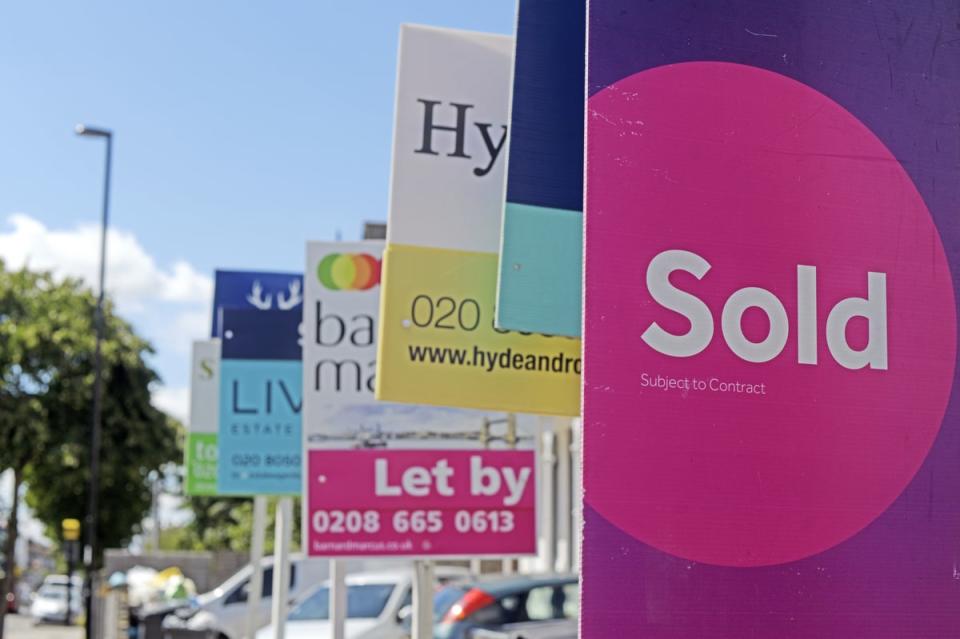Mortgage costs dampen affordability despite falling London house prices and rising wages

Among all the doom and gloom surrounding house prices and mortgages, Zoopla has released some surprising data which reveals buying a property in London is actually becoming more affordable.
The dual effect of the capital’s rapidly rising wages, along with its falling property prices, means affordability is improving.
As London house prices fell one per cent annually in August, its price-to-earnings ratio dropped to 9.6. This is the first time this ratio has been in single digits for 11 years.
Across the UK, housing affordability looks set to improve by between nine to 10 per cent over the course of 2023, as property prices register modest falls and average earnings continue to increase.
Mortgage-backed sales fuel property price dip
Despite this silver lining, the outlook for the capital’s property remains pessimistic and, while London house prices might be more affordable, mortgages are not. The increased cost of mortgage repayments is still a challenge, especially in southern England where, in many areas, a household needs to earn £75,000 to buy an average priced home.
“House price growth has slowed rapidly over the last year as demand weakens in the face of higher mortgage rates. Prices are falling more in southern England where higher mortgage rates have priced more people out of the housing market, weakening demand,” says Richard Donnell, Executive Director at Zoopla.
Zoopla’s House Price Index shows that national house sales in 2023 are down by a fifth (21 per cent) compared to 2022, the lowest number of annual sales since 2012. This has been driven by higher borrower costs as mortgage-backed sales are likely to be 28 per cent lower than in 2022.
Those needing a mortgage are thought to be waiting until mortgage rates reduce before moving and, as a result, sales of three- and four-bedroom homes are down by up to 40 per cent, compared to the same period over the last five years. Sales of smaller, more affordable homes have also fallen, but to a smaller degree.
In contrast, cash buyers are predicted to fall by just one per cent in 2023 and will account for more than one in three sales in 2023.
“Housing in London remains expensive, and this is being exacerbated by high mortgage rates. Demand for property in the capital will improve once mortgage rates start to fall below five per cent but house price growth will be much lower, in low single digits,” adds Donnell.
London’s falling prices borough by borough
All London boroughs registered annual house price drops in August, but outer London, where prices skyrocketed post-pandemic, seems to have borne the brunt of the latest decrease.
The biggest faller was Harrow which dropped 2.7 per cent or £14,030 to an average house price of £512,900. The second biggest drop was seen in Redbridge which fell 2.3 per cent or £10,850 to £470,100, and the third was Bromley, where prices declined by 1.9 per cent or £10,060, making the average price £517,700.
The City of London and Havering saw the smallest drops, both registering a 0.1 per cent decrease, which worked out as an annual price change of £490 and £410 respectively.
While the average property price in the City of London was valued at £779,500, in Outer London’s Havering it was £420,300. Barnet also didn’t fare as badly as the rest of the capital and dipped by 0.3 per cent or £1,730 annually to an average price of £580,400.

 Yahoo Finance
Yahoo Finance 